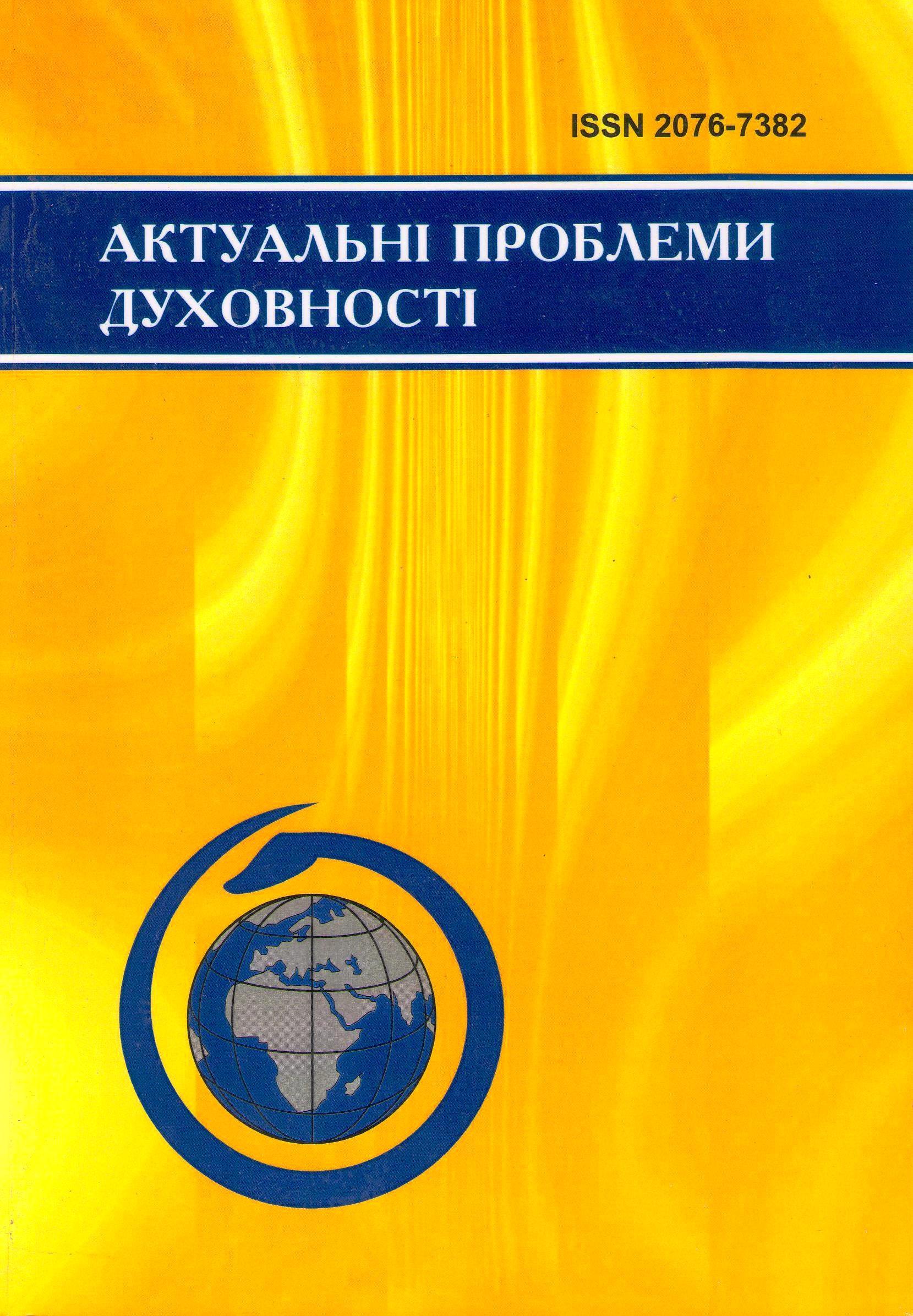Instrumentalist logic of scientific discovery: reflections on Dewey’s method and its metaphysical foundations
DOI:
https://doi.org/10.31812/apd.v0i21.4369Keywords:
experimental logic, denotative method, pattern of inquiry, principle of continuity, emergentism, experience, problematic situation, common sense, life-world, hard problem of consciousness, fact, hypothesis, Dewey, Husserl, PopperAbstract
In this paper, I attempt to clarify the heart of Dewey’s philosophy: his method (denotative method (DM) / pattern of inquiry (PI)). Despite the traditional understanding of Dewey as anti-foundationalist, I want to show that Dewey did have metaphysical foundations for his method: the principle of continuity or theory of emergentism. I also argue that Dewey’s metaphysical position is better named as ‘cultural emergentism’, rather than his own term ‘cultural naturalism’. What Dewey called ‘common sense’ in his Logic, Husserl termed as the ‘life-world’ in his Crisis. I compare two perspectives of dealing with the phenomenon and conclude that for Dewey, the difference between natural sciences and the common sense inquiry is that of subject-matter but not of method. Thus, the goal is to find the unified method to be applied in both domains. Whereas Husserl was more pessimistic: for him, the difference was not only in subject-matter, but in the very methods. Following that discussion, I also attempt to reformulate the hard problem of consciousness in Deweyan terms. In the end, I compare Dewey’s DM / PI with Popper’s understandings of scientific method and conclude that there is no significant difference between the two and that Dewey’s method could also be looked at as \textit{hypothetic-deductive method}, with the only difference in emphases.
Downloads
Metrics
References
Chalmers D. Facing up to the Problem of Consciousness // Journal of Consciousness Studies. — 1995. — Vol. 2 (3). — P. 200-219.
Chalmers D. The Conscious Mind: In Search of a Fundamental Theory. — New York : Oxford University Press, 1996.
Dewey J. Evolution and Ethics. In: Hickman L.A., Alexander T.M. The Essential Dewey. — Bloomington and Indianapolis: Indiana University Press, 1998. — Vol. 2. Ethics, Logic, Psychology. — P. 225-235.
Dewey J. The Postulate of Immediate Empiricism // Hickman L.A., Alexander T.M. The Essential Dewey. — Bloomington and Indianapolis: Indiana University Press, 1998. — Vol. 1. Pragmatism, Education, Democracy. — P. 115-120.
Dewey J. How we think. The Middle Works, 1899-1924. — Vol. 6: 1910-1911. — Southern Illinois University Press, 1978.
Dewey J. Reconstruction in Philosophy. The Middle Works, 1899-1924. — Vol. 12: 1920. — Southern Illinois University Press, 2008.
Dewey J. Experience and Nature. The Later Works, 1925-1953. — Vol. 1: 1925.— Southern Illinois University Press, 2008.
Dewey J. Logic: The Theory of Inquiry. The Later Works, 1925-1953. — Vol. 12: 1938. — Southern Illinois University Press, 2008.
Dewey J. Propositions, Warranted Assertibility, and Truth // Hickman L.A., Alexander T.M. The Essential Dewey. — Bloomington and Indianapolis: Indiana University Press, 1998. — Vol. 2. Ethics, Logic, Psychology. — P. 201-212.
Dewey J. Anti-Naturalism in Extremis // Hickman L.A., Alexander T.M. The Essential Dewey. — Bloomington and Indianapolis: Indiana University Press, 1998. — Vol. 1. Pragmatism, Education, Democracy. — P. 162-172.
Hickman L.A., Alexander T.M. The Essential Dewey. — Bloomington and Indianapolis: Indiana University Press. — Vol. 1. Pragmatism, Education, Democracy.
Hickman L.A., Alexander T.M. The Essential Dewey. — Bloomington and Indianapolis: Indiana University Press. — Vol. 2. Ethics, Logic, Psychology.
Husserl E. The Crisis of European Sciences and Transcendental Phenomenology. An Introduction to Phenomenological Philosophy / Translated by David Carr. — Evanston : Northwestern University Press, 1970.
Leonov A. The mind-body problem(s) in Descartes’ “Meditations” and
Husserl’s “Crisis” (Part 1) // Filosofska dumka. — 2020. — Vol. 4. — P. 91-100. https://doi.org/10.15407/fd2020.04.091
McDermott J.J. The Philosophy of John Dewey. Two Volumes in One. 1. The Structure of Experience. 2. The Lived Experience. — The University of Chicago Press, 1982.
O’Connor T., Wong Hong Yu. Emergent Properties. Stanford Encyclopedia of Philosophy [Electronic source]. — Available at: https://plato.stanford.edu/entries/properties-emergent/
Popper K. Scientific Method // Miller David (ed.). Popper Selections. — Princeton University Press Princeton, New Jersey, 1985.
Popper K. The Logic and Evolution of Scientific Theory // Popper Karl. All Life is Problem Solving. — Routledge, 2007.
Popper K. The Logic of Scientific Discovery. — London and New York : Routledge, 2002.
Downloads
Published
How to Cite
Issue
Section
License
Copyright (c) 2020 Andrii Leonov

This work is licensed under a Creative Commons Attribution 4.0 International License.










